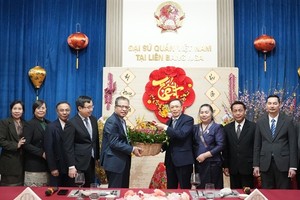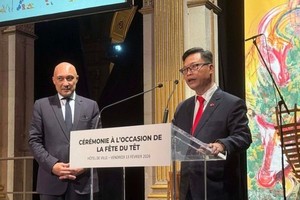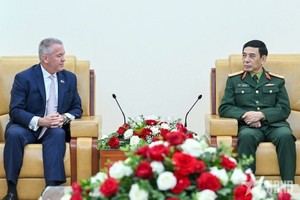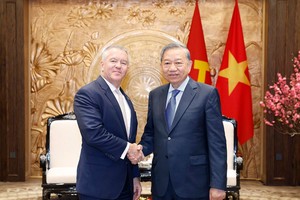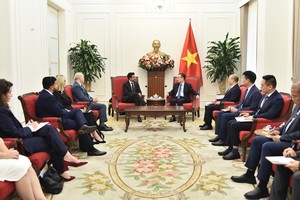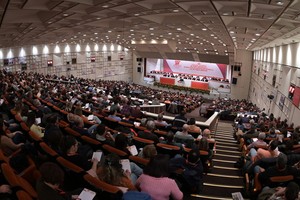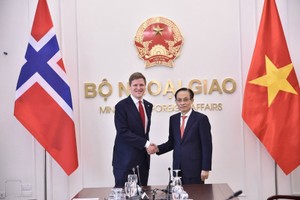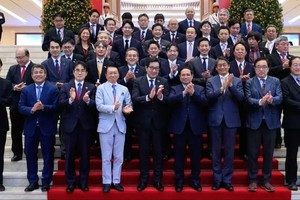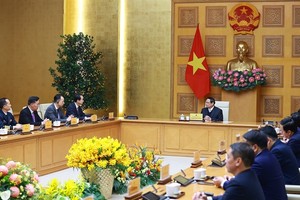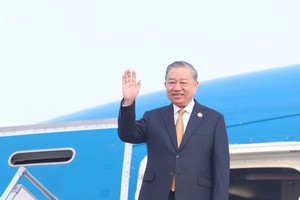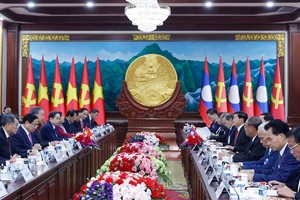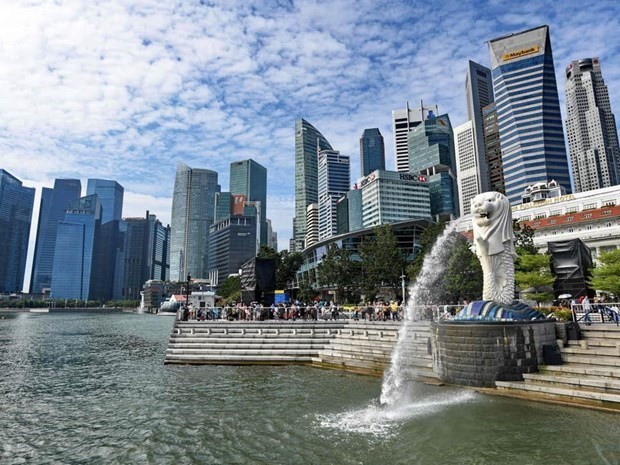
In a statement, Juncker hailed the deal as a building block towards a closer relationship between Europe and Singapore which is located in one of the most dynamic regions in the world.
Singaporean Trade Minister S. Iswaran was quoted by Bloomberg as saying that the deal's entry into force "is a strong signal by two like-minded partners on the need to continue upholding open and rules-based trade".
Singapore has been the EU's largest trading partner in Southeast Asia, with a total bilateral trade in goods of over EUR 53 billion (US$59 billion) and another EUR 51 billion of trade in services.
The parties have also agreed an investment protection agreement, but this is the more controversial as it sets up a special court to decide business conflicts.
After a successful battle spearheaded by environmentalists in Europe, this aspect of the deal will need the national ratification by the EU's 28 member states before entering into effect.
The deal with Singapore came after the EU suspended efforts to strike a bloc deal with the 10-member Association of Southeast Asian Nations (ASEAN) in 2009 amid widespread disagreements.
The EU has instead pursued deals with individual ASEAN countries and has concluded a pact with Vietnam.

